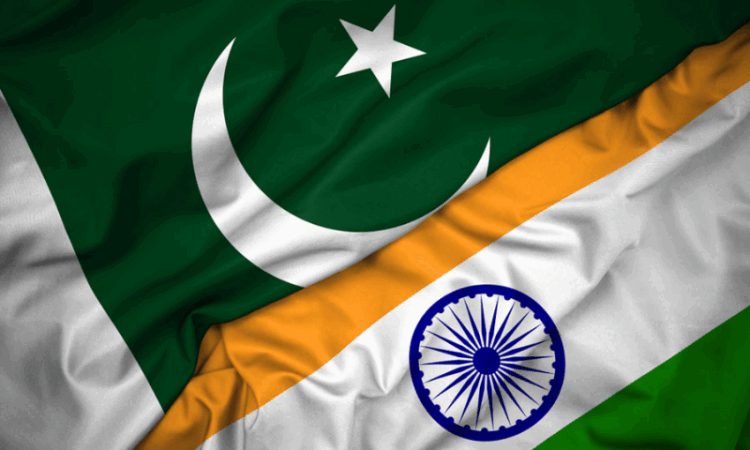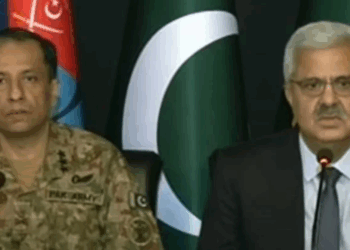Islamabad, May 19, 2025: Pakistan’s Ministry of Foreign Affairs on Monday categorically rejected Indian claims that it had deployed a Shaheen missile during Operation Bunyanum Marsoos, calling the allegation “unfounded and irresponsible.”
The claim originated from a video posted on the Indian Army’s official X (formerly Twitter) account, which allegedly showed Pakistan firing a Shaheen-class ballistic missile amid ongoing military hostilities. The post was later deleted, but not before it was widely shared by Indian media outlets.
In an official statement, the Foreign Office (FO) said the footage was “entirely unsubstantiated” and condemned Indian media for amplifying a “false narrative without verification.” The FO noted that the Indian Army has offered “neither clarification nor retraction” following the deletion of the video.
The statement emphasized that Pakistan’s response to India’s May 10 attacks on its airbases came in the form of Operation Bunyanum Marsoos, which involved the deployment of Al-Fatah series missiles targeting multiple Indian military installations and airbases. “At no point was the Shaheen missile system used,” the FO asserted.
Citing a press release by the Inter-Services Public Relations (ISPR) dated May 12, the FO reiterated that the weapon systems deployed included precision-guided Fatah-series missiles (F1 and F2), long-range loitering drones, advanced munitions and precision artillery.
Foreign policy analysts in Islamabad suggest the Shaheen missile claim is part of a wider Indian disinformation campaign aimed at concealing “setbacks suffered during Operation Sindoor” and bolstering domestic political narratives.
“These fabricated stories support a broader narrative constructed by New Delhi to shift focus from its own military missteps and paint Pakistan as engaging in so-called ‘nuclear blackmail,’” the FO spokesperson added.
The ministry further criticized India’s strategy of disseminating “inflammatory and unverified” content, arguing that such actions not only jeopardize regional stability but also damage the professionalism and credibility of official institutions.
Tensions between the two nuclear-armed neighbors reignited on April 22 after a deadly attack in Pahalgam, Indian-administered Kashmir, claimed 26 lives. India swiftly blamed Pakistan, an accusation Islamabad firmly denied.
The fallout was immediate as India suspended the 65-year-old Indus Waters Treaty, cancelled all visas for Pakistani citizens, ordered the closure of the Wagah-Attari border crossing, shut down Pakistan’s High Commission in New Delhi and reduced diplomatic presence on both sides.
Matters escalated dramatically in the early hours of May 7, when coordinated Indian missile strikes hit six cities in Punjab and Azad Jammu and Kashmir, killing dozens of civilians, including women and children.
In response, Pakistan’s armed forces shot down multiple Indian fighter jets, including three Rafales. India escalated further on May 10 with missile strikes on Pakistani airbases, prompting Islamabad to initiate Operation Bunyanum Marsoos—a retaliatory campaign that targeted Indian airbases, missile depots, and other strategic assets.
After intense overnight diplomacy, U.S. President Donald Trump announced on May 10 that a ceasefire agreement had been reached. The truce was subsequently confirmed by Pakistan’s Foreign Minister Ishaq Dar and India’s Foreign Secretary.








